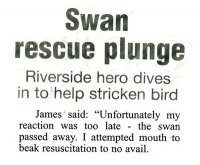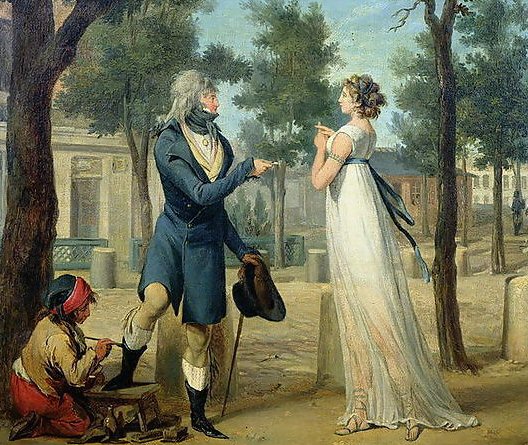The title of Dobson’s A Short Essay Upon Cardboard Breakfast Cereal Packets leads the reader, not unreasonably, to expect an essay upon the subject of cardboard breakfast cereal packets. It is nothing of the sort. Such a topic was, it need hardly be said, grist to the pamphleteer’s mill, for nothing cardboard was alien to him. But we should recall that he had already dealt with cardboard breakfast cereal packets, exhaustively, in his pamphlet Nothing Cardboard Is Alien To Me (out of print), as well as in several other works.
A Short Essay Upon Cardboard Breakfast Cereal Packets is, in fact, a hand-written and unpublished screed scratched out by Dobson with a butcher’s pencil upon cut or torn sheets of cardboard, once forming parts of breakfast cereal packets, composed during a paper shortage. The historical evidence for this paper shortage is slight, even non-existent, and it may be that it occurred only inside the pamphleteer’s head. He is known to have imagined crises of various kinds, such as outbreaks of ergot poisoning, bird attacks, planetary collisions and thunderstorms, none of which actually took place but fantastic details of which he scribbled down in his journals alongside the mundane and tiresome. Marigold Chew suggested Dobson did this to make his life seem more exciting and to provide any future biographers with opportunities for hysteria-heightened prose. If that is the case, it must be said that an invented paper shortage is hardly the stuff of high drama. Tousle-haired young Dobsonist Ted Cack has suggested that the pamphleteer simply ran out of paper one day and could not be bothered to fetch a fresh supply from the stationer’s.
Whether his recourse to bits of cardboard was genuinely necessary or otherwise, the Short Essay is an intriguing piece of work, chiefly because it remained in manuscript and was never typeset and turned into a pamphlet proper. Dobson perhaps felt it was too short, although at other times he happily issued for publication, in pamphlet form, some remarkably brief works, not the least of which was the famous and much-anthologised Paragraph About Potatoes, for many of us our introduction to the titanic pamphleteer.
Ted Cack’s view, expounded in an incoherent and shouty way during his hour upon the fourth plinth when he took part in Gormless Gormley’s ludicrous pageant of inanity in Trafalgar Square, is that Dobson planned to incorporate the Short Essay, unaltered and in its entirety, into a longer piece, a study of the behaviour of toads in the Soviet Union, which, despite voluminous notes, a research trip to Omsk, and the purchase of a fur cap with ear-flaps, he never actually completed. It is difficult to know what to make of young Ted Cack’s argument, for the words toad, behaviour, Soviet and Union are nowhere present in A Short Essay Upon Cardboard Breakfast Cereal Packets. Where, and to what purpose, we are entitled to ask, did the out of print pamphleteer intend to insert this fragment of prose, barely sixty words long, into a piece which, the extant drafts tell us, was single-mindedly concentrated, with laser-beam precision, upon communist Bufonidae?
An additional curiosity about the Short Essay is that the cardboard sheets were at some point coated with a kind of disgusting yet transparent paste which makes them resistant to all known photocopying techniques. Now there’s a thing.
Further Reading : A Very Long Essay About Stalinist Toads, Written With A Magic Marker Upon Hundreds Of Cream Crackers, by Dobson (out of print).


